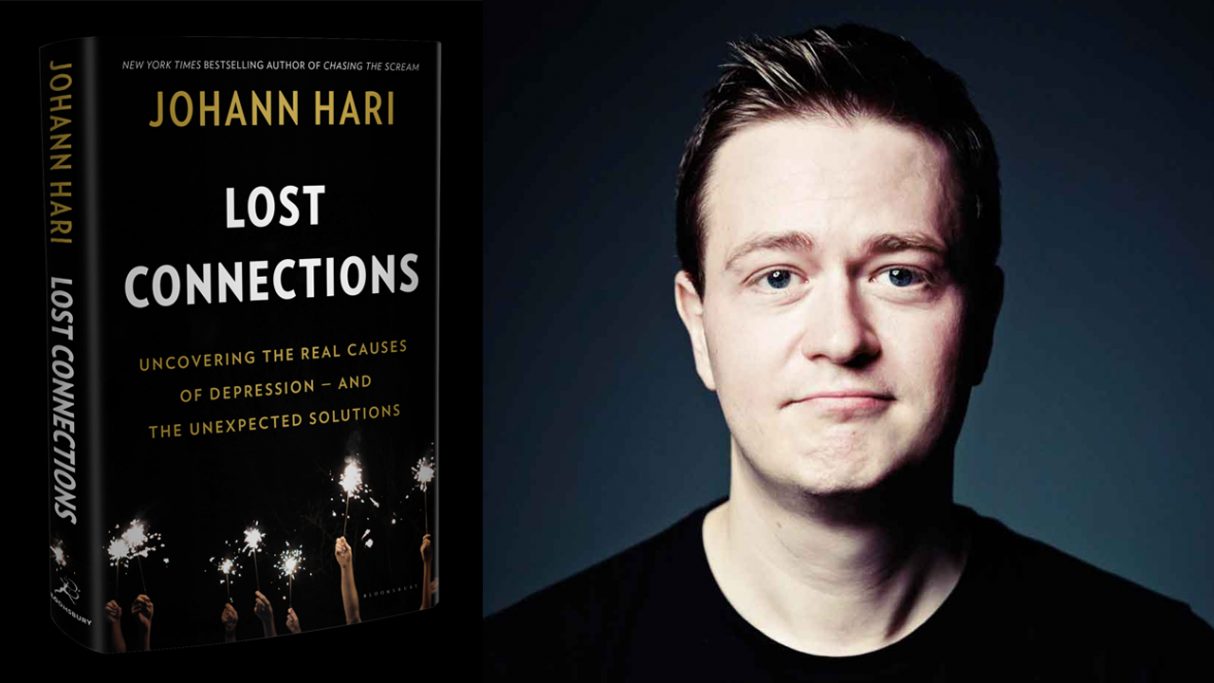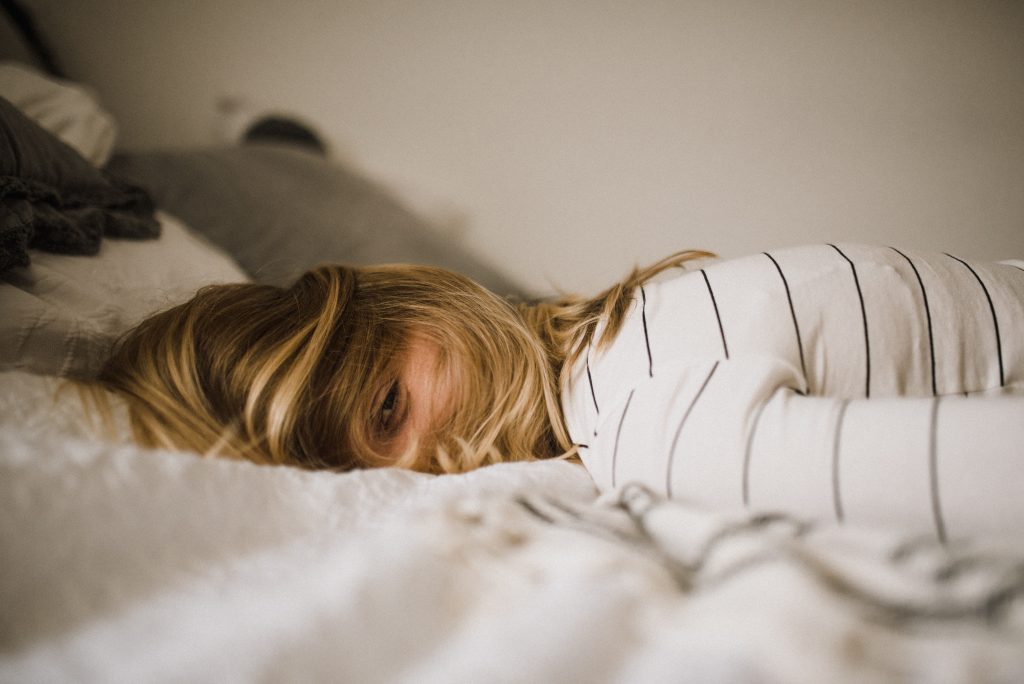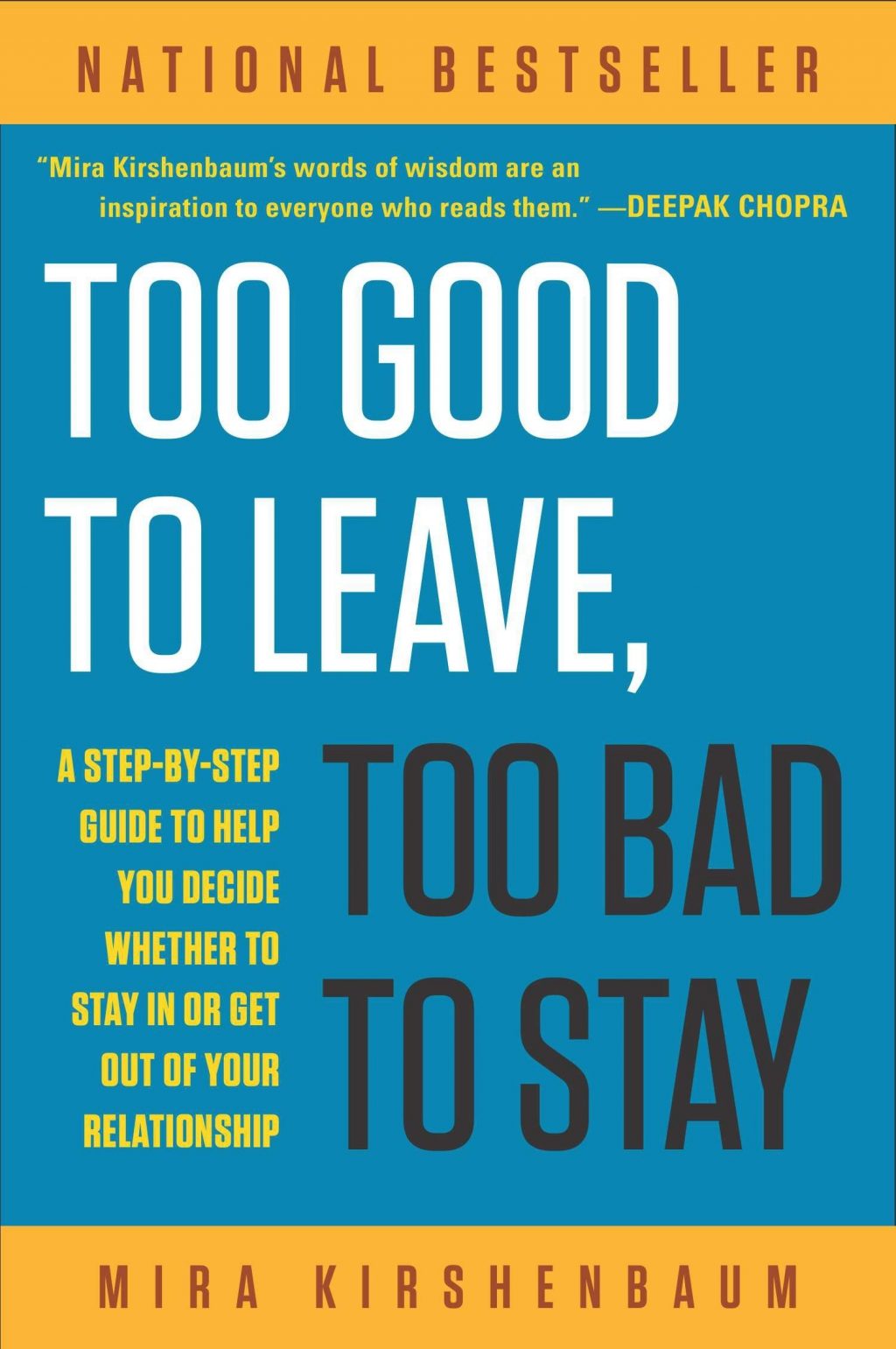“Everything that causes an increase in depression also causes an increase in anxiety and the other way around. They rise and fall together.” – Johan Hari
For years I’ve been trying to tell people that you CAN overcome depression and you CAN overcome anxiety and you don’t have to be stuck in a negative loop cycle for the rest of your life.
For years I’ve been saying that medication won’t make you happy or cure your depression, but no one seems to want to hear it.
I’ve known that it’s possible because I’ve overcome them both. Not only have I overcome them both I used to be suicidal and I don’t mean every now and again, I mean daily. Thoughts of death and dying used to preoccupy my thoughts because I thought surely death was better than the pain I was living in.
As it turns out, thankfully, I was wrong. Death isn’t better. I chose to live and the day I chose to live I started on a path to wellness and personal fulfillment.
It took me quite a long time to get here because I had to figure it all out on my own. If only this book had been out when I started my journey, then, perhaps I wouldn’t have had to suffer for as long as I did.
The book I’m referring to is Lost Connections: Uncovering the Real Causes of Depression by Johan Hari. Not only does this book support everything I’ve been trying to understand about depression its supported by scientific evidence.
I’m so excited to share this book and you should be excited to read it because what this book is telling you, and, telling all of us is that we have the power to change our lives and take control of our depression instead of letting it control us.
So, in summary Hari assert that there are nine causes of depression and anxiety and seven ways to overcome them.
The First Cause of Depression is a Disconnection from Meaningful Work:
This one seems like a no-brainer, right? Is there anyone who doesn’t get depressed when they totally hate their job? But, the issue goes deeper than just hating your job.
Basically, the less control you have over your job the more depressed you’re likely to become, even if you’re making the same amount of money, working in the same office with the same status level as other employees. They determined that you were four times more likely to die of a heart attack if you’re in a passive job where you have little to no control over what you do every day and how you do it.
Having to endure work that is monotonous, boring and soul-destroying causes you to die a little each day because your work touches no part of your soul.
Two: Disconnection from Other People
Being lonely is stressful. When we’re stressed our bodies produce cortisol and as it turns out feeling lonely causes your cortisol levels to rise to levels on par with things most of us would consider severely emotionally disturbing. Becoming acutely lonely is as stressful as experiencing a physical attack.
Further, they found that being disconnected and lonely has the same physical effect on the body as being obese. Loneliness isn’t a result of depression, it actually leads TO depression. Studies continually found that loneliness preceded depressive symptoms and is in fact causing a significant amount of depression and anxiety today.
Much of this goes back to the days when we lived in a tribe and you had to be part of a tribe to survive, so its only natural that when you become separated and alone your body starts to react accordingly and begins to feel insecure.
Between 1985 and 1994 active involvement in community dropped by 45 percent so it isn’t astonishing to see why we’ve become more depressed.
Even isolated rats developed eighty-four times the number of breast cancer tumors as those living in a community.
Loneliness doesn’t specially mean how many people you talk to every day. To feel like you aren’t alone you need to feel you are sharing something with other people or a group in a way that is meaningful to BOTH people. What you need is to be sharing things that matter to you with someone else and vice versa. It isn’t just physical proximity.
Therefore, people who use the internet as a distraction or to lessen their anxiety are not truly getting connection with others. Social media is an attempt to fill a hole in our social lives that we are missing.
Three: Disconnection from Meaningful Values
We all have what are called intrinsic versus extrinsic values. Intrinsic values are things you value in and of themselves. Extrinsic values are things you value because you think you’ll get something in return (validation, status, money).
Studies have found that people who meet all their extrinsic goals never experience any increase in happiness, but those who met their intrinsic goals were significantly happier, less depressed and less anxious.
The main problem in society today is that we are taught by television and advertising that we can only have a happy, successful life by meeting extrinsic goals. In fact, twenty-two studies have shown that the more materialistic you are the more depressed you will be.
Basically, we all need connection, but we are told we need stuff so the message we are never getting our real needs met which leads to more anxiety and depression. What we are suffering from is an incorrect set of values and a desire for extrinsic goals which never lead to happiness, so, instead we need to find and encourage our intrinsic goals.
Four: Disconnection from Childhood Trauma
It doesn’t take a rocket scientist to understand there is a correlation between depression, anxiety and childhood trauma and I can attest to this personally. When scientists tried to figure out correlations between depression and obesity they found that fifty percent had been sexually abused.
They further found that if you had six categories of traumatic events occur in your childhood you were five times more likely to become depressed and with seven you were 3,100 percent more likely to attempt suicide. Also, the greater the trauma the greater the risk.
What was also surprising was the emotional abuse was more likely to cause depression than even sexual abuse. Being treated cruelly by one’s parents was the biggest cause of depression of all the categories.
Basically, becoming depressed is a normal reaction to abnormal life experiences and not necessarily a disease as we have been led to believe.
Five: Disconnection from Status and Respect
Studies with baboons shows that they became most stressed when their status was threatened or when their status was low and in our society that translates to the meaning the more unequal your society, the more prevalent all forms of mental illness are.
Just think about this. In the past it used to be that your boss earned about twenty times more than you, but now its three hundred times more. This separation between us causes a normal human reaction to the circumstances we are living in.
Six: Disconnection from the Natural World
Do you hike? Bike? Walk? Get out in Nature? Have you ever sat and appreciated the beauty of the expansiveness of the ocean or the mountains or a natural vista?
If not, you really should. Studies have shown that there is less stress and despair in greener neighborhoods, that exercise significantly reduces depression and anxiety and that getting out in nature would make you twenty four percent less likely to become physically or mentally ill.
Seven: Disconnection from a Hopeful or Secure Future
The seventh reason you might be depressed is your disconnection from a sense of a secure or meaningful future. This feeling used to belong only to the poor, but the middle class are now working task to task or job to job unsure about where they would be in a month or a year. This naturally leads to insecurity which leads to depression and anxiety.
Eight and Nine: How Genetics and the Brain Come into Play.
So, how do genetics and your brain come into play in depression? Big pharma would have you believe that you’re depressed because of low serotonin, but there isn’t any real scientific data to back up this claim.
The truth is that your brain changes according to how you use it which is called Neuroplasticity. The problem is that pains in life can trigger a response that pushes the brain into a depression and keeps it there until something pushes it out.
There is a genetic component to anxiety and depression as studies have shown that about thirty five percent is inherited. But, compare this with height which is ninety percent and you can see that you really have more control than you thought.
Genetics contribute to anxiety and depression, but your environment is often what triggers them to occur.
In fact, the fact that we are distressed or anxious about things about things that occur, our situation, our histories or our status is not irrational, it is in fact a completely rational reaction to what is taking place within our society and within your head. The question is how to overcome it
I won’t go into detail as to the ways to solve anxiety and depression because I think you need to read this book in depth for yourself, but basically: Hari asserts, there are seven ways to overcome depression and anxiety which include: Reconnecting with other people (coming together as a community and seeing joy and distress as a shared experience), social Prescribing (changing social situations by doing things that are bigger than yourself – like starting a community garden), doing meaningful work, having meaningful values (choosing intrinsic over extrinsic), overcoming the Ego, acknowledging and overcoming childhood trauma and restoring your future.
In summary depression and anxiety are caused by biological, psychological and social causes and if you want to feel better you need to realize you aren’t broken. You are human. You are seeking connection. You are seeking meaning, whether it’s in work or in your every-day life. There is nothing wrong with you.
But, if you want to start to feel better you better start to listen to the truth of what is really going on and work to connect those disconnections in your brain and in your heart because one little pill isn’t going to do it for you.
*This post contains affiliate links, please see our disclaimer.





Leave A Comment